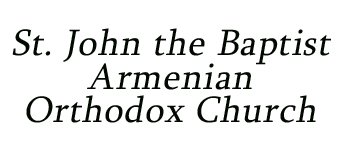SAINT GREGORY THE THEOLOGIAN
This Saturday, February 1, the Armenian Church commemorates Saint Gregory the Theologian, also known as St. Gregory of Nazianzus, who is considered to be one of the great fathers of the Eastern Church. He was the son of the bishop of Nazianzus in Cappadocia. A great orator, his famous Five Theological Orations were powerful statements of faith and an eloquent defense of orthodoxy that earned him the title “the Theologian.” He also wrote poetry, letters, and with St. Basil compiled a selection of writings by Origen.
